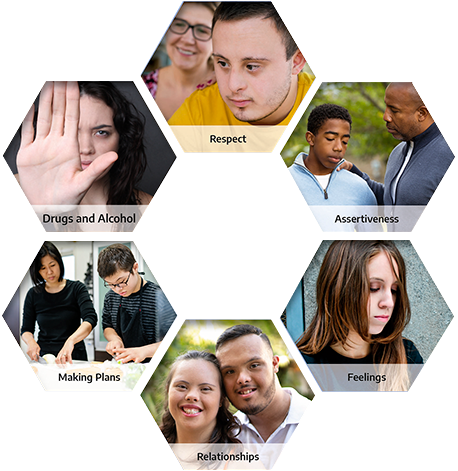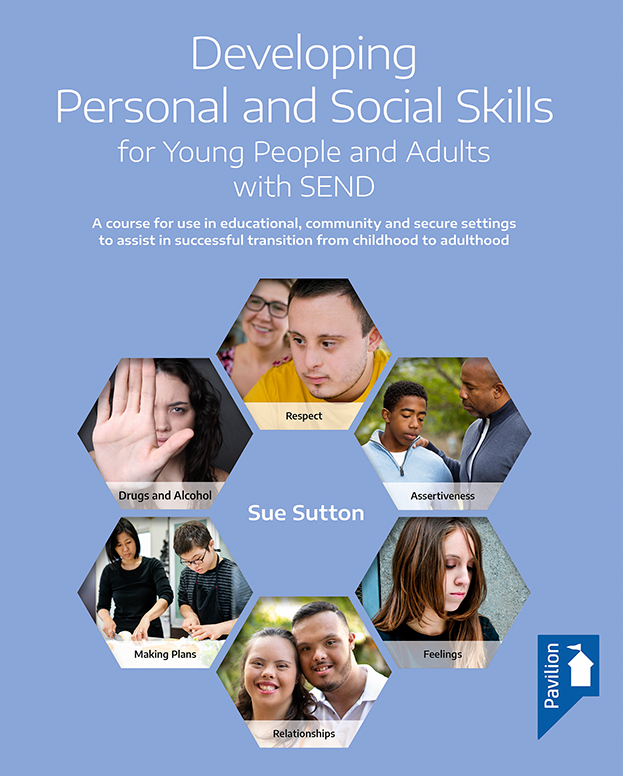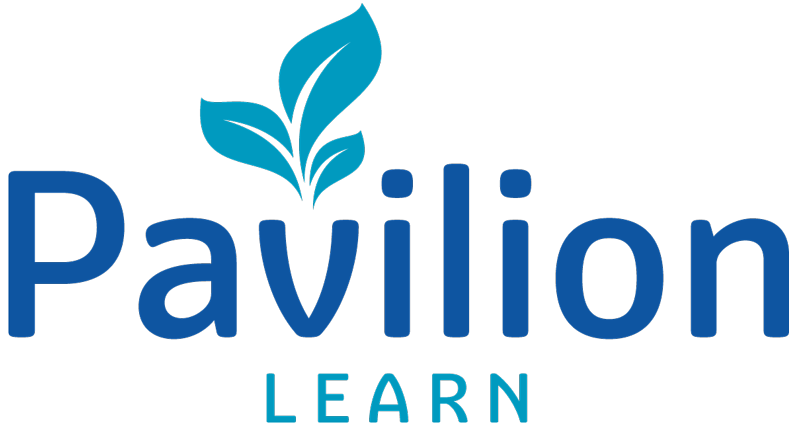Training the trainers
A course for use in educational, community and secure settings to assist in
successful transition from childhood to adulthood
NEW
Online training course

This engaging Training the Trainers course is designed to equip health, education and social care staff with the confidence, skill and enthusiasm to run sessions on developing personal and social skills (PSS) with young people and adults with special educational needs and disabilities (SEND). It is designed to support the use of the following published resource, although will be of benefit to those who are designing or using other resources to deliver PSS:
Developing Personal and Social Skills for Young People and Adults with SEND. A course for use in educational, community and secure settings to assist in successful transition from childhood to adulthood by Sue Sutton
Sue Sutton, who developed the PSS course, takes you step-by-step through preparing and running effective and enjoyable sessions.
Inspiration
Access
Is available 24/7 through “My Account” once registered
Learn
In the time that best suits you!
Track progress
Print out and revisit course work any time
Achieve
Certificate of completion

About the course
A short Training the Trainers course that can be used by individuals, pairs or small groups to develop skills and confidence in running personal and social skills programmes with young people and adults with special educational needs and disabilities (SEND) in a wide range of settings.
The course is divided into 5 themed sessions that can be explored during one full day, or in smaller time slots:
- Preparation
- Respect and rules
- Assertiveness and independence
- Feelings and relationships
- Making plans
Anyone planning to run PSS courses with adults and young people with special educational needs and disabilities (SEND). Typically, this would include:
- teachers, experienced teaching assistants and support assistants in schools and colleges especially those with experience of SEND
- staff who work with adults and young people with learning (intellectual) disabilities, autism, mental health issues or emotional and behavioural difficulties
- staff who are concerned with transition from child to adult services
- psychology trainees and occupational therapists
- probation officers and those working with offenders in mental health units or young offender units and prisons
- experienced staff working in day centres and community placements.
Ideally, a course leader and co-leader would work through the Training the Trainers course together to maximise the effectiveness of their delivery of PSS training.
Sue Sutton has 50 years’ experience in the field of learning disabilities (intellectual disability) and mental health. She is a qualified and experienced teacher with specialist qualifications in special educational needs and disabilities (SEND). She has worked with children, young people and adults within the educational and health sectors. Sue also trained as a voluntary alcohol counsellor and completed 2 years of Transactional Analysis Psychotherapy training. For 21 years she managed an education department in an NHS medium secure unit, devising and delivering programmes for men with a learning disability sectioned under the Mental Health Act. Her particular strengths lay in delivering personal and social skills within a secure setting. Using her educational and therapeutic experience she devised a comprehensive PSE course which was so successful that she was asked to run workshops at conferences and training events for health, criminal justice and educational staff. This encouraged Sue to qualify as a trainer of teachers in the post 16 sector of SEND. Her experience with young people and adults with SEND has convinced her of the need for more help and guidance in the difficult task of transitioning to adulthood. Wanting to pass on her own knowledge and experience she has published the pack Developing personal and social skills for young people and adults with SEND (Pavilion Publishing & Media, 2020). Other publications include “Living fulfilled lives – empowering people with learning disabilities” (Sarah Grace Publishing, 2018), as well as conference papers and blogs.
Throughout the course, there are opportunities for the learner to reflect on their learning experiences and to log these online or offline. These can be reviewed and edited at any time.
If a trainer or assessor is involved, they can be given appropriate access to view completed participant’s coursework that is stored within the group.
Group discounts for 3 or more participants are available.
Please enquire and provide us with further details.
You may also be interested in


